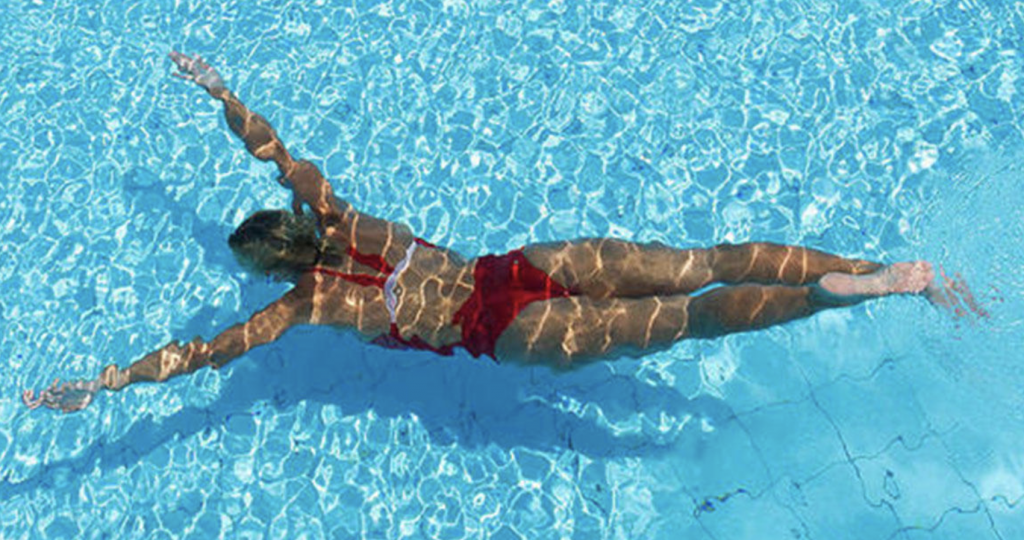With the weather warming up we can all begin to think about dusting off our swimmers and taking a dip in the ocean. One of the best things about summer is being able to get into the ocean. If you don’t swim in the ocean regularly, NOW is the time to make that promise to yourself that THIS summer you are going to swim regularly.
Swimming is a good all-round activity because it:
- keeps your heart rate up but takes some of the impact stress off your body
- builds endurance, muscle strength and cardiovascular fitness
- helps maintain a healthy weight, healthy heart and lungs
- tones muscles and builds strength
- provides an all-over body workout, as nearly all of your muscles are used during swimming.
- Swimming is a great workout because you need to move your whole body against the resistance of the water.
Swimming is a fantastic form of exercise that people of all ages are able to do. Swimming is form of non-impact exercise; it is therefore great for people with arthritis, lower back pain and people recovering from injury. When you are in the water you need to move your body against the resistance of the water. This makes all water based activities a great workout. Swimming can help to build and tone muscles as well as improve cardiovascular endurance. It is also great for building core stability. If you are looking for more of a workout then training for one of the many ocean swims can be a good goal to work towards.
There are unfortunately a few injuries that we need to be aware of when swimming. These are mainly around the shoulder because of the increased stress the shoulder is placed under whilst swimming. It is important to understand that a sudden increase in swimming volume can predispose you to an overuse injury. The key is to build up your training volume slowly. There are a few things that we can do on a regular basis to help reduce the likelihood of developing a swimming related injury. These include:
- Stretching the muscles around our shoulder and chest
- Thoracic spine (mid-back) mobility exercises including lying over the back of a rolled up towel
- Scapular (shoulder blade) stability exercises
- Rotator Cuff (deep shoulder muscles) strengthening
- Stroke correction with a swim coach
Shoulder injuries are tricky to treat because the shoulder joint is designed to have a large amount of movement, which unfortunately reduces your shoulders stability. If you start to feel any shoulder pain (or any other pain) whilst swimming it is best to get it checked out by us sooner rather than later.


